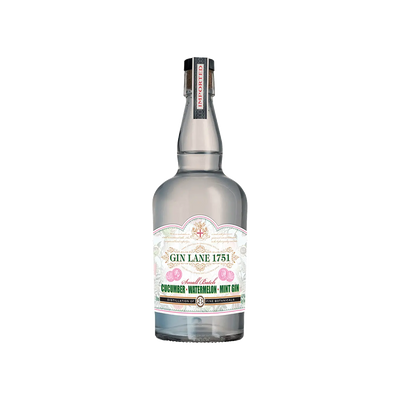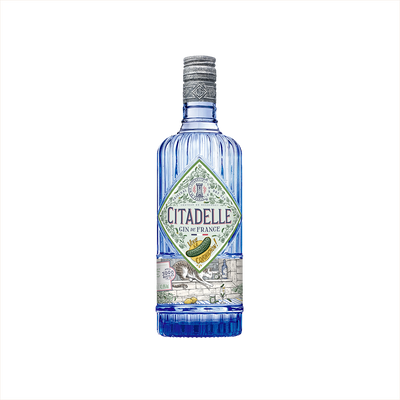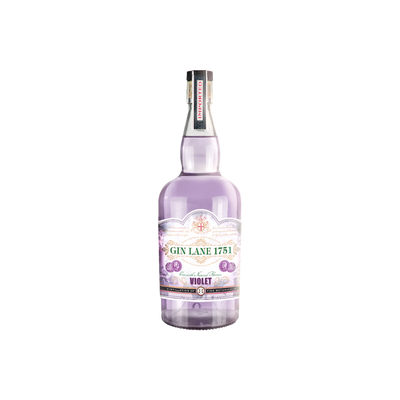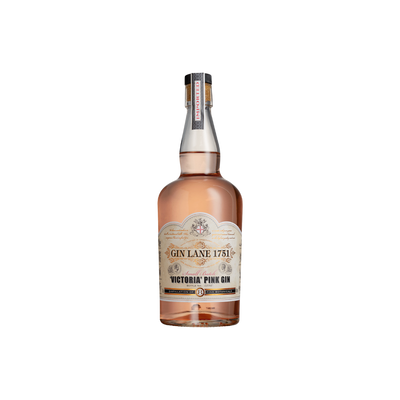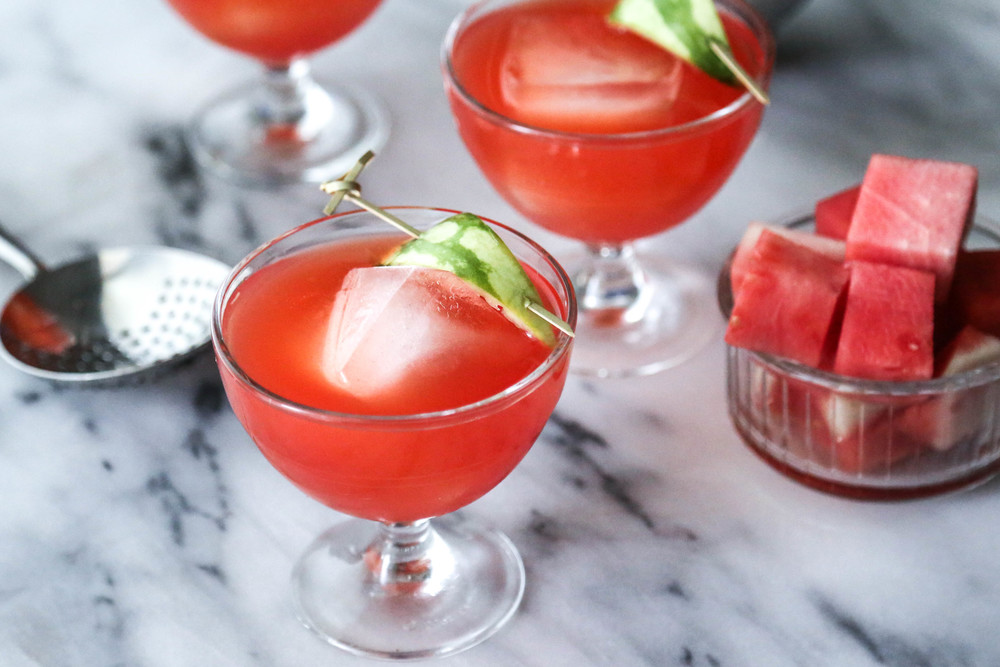Specialty-Flavored Gin
What is Specialty-Flavored Gin?
Specialty-Flavored Gin represents a distinctive category within Flavored Gin that goes beyond traditional botanical infusions to incorporate unique, often unexpected flavor profiles. These gins are defined by their use of unconventional ingredients like exotic fruits, spices, florals, or even savory elements that create entirely new taste experiences while maintaining the essential juniper backbone. What sets specialty-flavored varieties apart is their artisanal approach to flavor development, often featuring small-batch production methods and innovative distillation techniques that push the boundaries of what gin can be.
Learn More About Specialty-Flavored Gin
What makes Specialty-Flavored Gin unique?
Specialty-Flavored Gin breaks away from traditional botanical profiles by incorporating unexpected ingredients like chocolate, coffee, or even savory elements such as herbs and spices that wouldn't typically find their way into a gin bottle. While standard flavored gins usually stick to familiar territory with citrus peels, berries, or floral notes that complement juniper, specialty variants push creative boundaries by treating the base spirit as a canvas for bold culinary experimentation. These innovative expressions often blur the lines between gin and liqueur, creating spirits that challenge conventional expectations and open up entirely new cocktail possibilities.
How is Specialty-Flavored Gin made?
Specialty-flavored gin starts with a neutral grain spirit that gets infused with juniper berries and the distillery's chosen botanicals through either vapor infusion or direct maceration during distillation. After this traditional gin-making process, distillers add their specialty flavors through various methods - they might redistill the base gin with fresh fruits, herbs, or spices, or they could use post-distillation techniques like steeping dried ingredients or adding natural extracts. Some producers take a hybrid approach, incorporating certain flavoring botanicals during the initial distillation while introducing others afterward to preserve delicate notes that heat might destroy.
How do you drink Specialty-Flavored Gin?
Specialty-flavored gins shine brightest in cocktails where their unique botanical profiles can complement other ingredients without getting lost. While some premium flavored gins can be sipped neat or over ice to appreciate their complexity, most find their calling in classic gin cocktails like martinis, gin and tonics, or negronis, where the added flavors create interesting twists on familiar favorites. These distinctive spirits work particularly well in seasonal cocktails – think cucumber gin in summer refreshers, elderflower gin in spring spritzes, or spiced gin varieties in autumn and winter warming drinks.
How do I choose good Specialty-Flavored Gin?
Start by considering whether you want the specialty flavor as the star of your drink or as a supporting player—bold options like lavender or cucumber gin work beautifully in simple serves with tonic, while subtler additions like elderflower or rose can add complexity to classic cocktails without overwhelming them. Match the gin's flavor profile to your intended cocktail: citrus-forward gins shine in sours and fizzes, while spice-heavy varieties can add warmth to Negronis or Martinis. Don't be afraid to taste the gin neat first—a quality flavored gin should still taste recognizably like gin with the botanical additions feeling integrated rather than artificial or cloying.
Nutritional Information
Typical Calorie Range per Ounce: 65-80 calories
Typical Carbohydrate Range per Ounce: 0-3 grams
Typical Sugar Range per Ounce: 0-2 grams
Typically Gluten Free: Yes
Specialty-flavored gins generally contain slightly more calories and carbohydrates than traditional gin due to added botanicals, natural flavors, or sweetening agents. The sugar content varies significantly depending on whether the producer uses artificial sweeteners, natural fruit essences, or added sugars to achieve their signature taste profiles.
While most gins are produced through distillation processes that remove gluten proteins, we strongly recommend checking the specific product label and manufacturer information to confirm gluten-free status, especially if you have celiac disease or severe gluten sensitivity. Some flavored varieties may include additives or flavorings that could contain gluten.
Scrolled this far? Your reward? Specialty-Flavored Gin Trivia!
- Japan's legendary Suntory distillery created a gin infused with sakura cherry blossoms that can only be harvested for exactly 10 days each spring. The timing is so critical that distillery workers sleep on-site during bloom season, and a single batch might use petals from over 3,000 trees. Miss the window? Wait another year.
- There's a gin distilled with actual meteorite dust called "Meteorite Gin" - and yes, it's completely legal to drink rocks from space. The meteorite fragments add trace minerals that supposedly create a subtle metallic finish, though most tasters admit they can't detect the cosmic influence. The real kicker? Each bottle costs more than most people's monthly rent.
- Scottish distillery Pickering's makes a gin using kelp seaweed that's hand-harvested during specific tidal conditions. The seaweed must be collected within 4 hours of low tide and processed immediately, or it develops a fishy taste that ruins the entire batch. Their foragers use kayaks and work by moonlight to catch the perfect moment.
- One distillery in Tasmania creates gin using button grass that grows only on their property - and the grass is technically endangered. They're allowed to harvest small amounts under strict environmental permits, making each bottle a conservation effort. The grass gives the gin an almost campfire-like smokiness that's impossible to replicate anywhere else.
- Belgian distillers discovered that aging gin in barrels previously used for lambic beer creates a flavor profile so unique that it defies traditional gin categories. The wild yeast residue from the beer barrels continues fermenting with the gin's botanicals, creating a living spirit that actually changes flavor in the bottle over months. No two bottles taste exactly the same.
Higher-proof spirits can be intense. Mix carefully, taste thoughtfully, and enjoy responsibly.
Gift message (optional)


